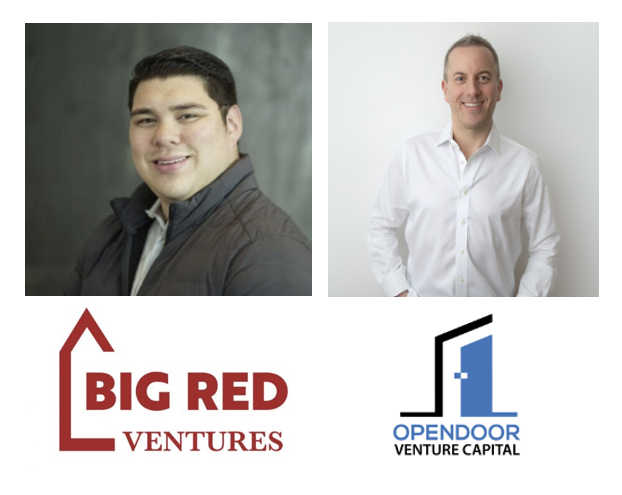Big Red Ventures Fund Manager: Jonathon Cervantes
Jonathan: Hi Ken, thanks for connecting with me and taking some time to discuss your career in VC.
Ken: Of course, thank you for reaching out.
Jonathan: I always like to start with the connection to Cornell so can you discuss your path from school into VC?
Ken: Sure, I was a graduate of the class of ’91 and it was a goal of mine to work on Wall Street pretty much all throughout my college career. I was fortunate to get my start at Goldman Sachs in fixed income, started off as a bond trader for about 10 years. Then I moved into equities at Goldman for 2 years covering hedge funds, and it was at Goldman Equities that I really started to enjoy dealing with the equity side of the business. Then in 1999 I had a personal opportunity to invest in a startup building cloud services for an e-learning company, and this was even before it was called “cloud”, at the time it was referred to as an application service provider.
Jonathan: This was right around the time that tech companies saw a massive correction. How did the startup fare during the 2000’s?
Ken: Yea it was a rough time to be investing in a startup during that period because most tech companies underwent a significant reduction in value or went under altogether. The startup managed to weather the storm and ultimately went public in 2011 and having been introduced to the startup ecosystem I wanted to work more closely in that realm.
Jonathan: So was at this point you decided to pivot to working with startups full time?
Ken: I worked with some hedge fund companies as a portfolio manager mainly focused on tech and I had another opportunity to invest in a company on the side that was ultimately acquired by AOL and from this point I knew I wanted to focus fully on the startup world.
Jonathan: And that’s where I assume you had the idea to start your own venture. Can you tell me about OpenDoor and your investment thesis?
Ken: I launched OpenDoor in 2016 because I knew my experience and expertise in analyzing companies would help me find companies worth investing in. It’s all my own capital that I manage and my general focus is on pre-seed or seed rounds (we do also invest in later stage rounds) and target an initial position size of 1-5% of the Company. We typically participate in subsequent follow-on rounds for our winning companies. Some recent investments center around artificial intelligence, machine vision, eSports gaming and blockchain web 3.0 companies.
Jonathan: When you decide to invest, how important is it to have a technical founder and do you expect to have a say in the strategy or vision of the company?
Ken: At this early stage it’s incredibly important to either have a technical founder or to be so well-versed in your understanding of the technology that even if you can’t code or program you understand the business and can carry a conversation with a technical resource and to investors. As far as having a say in their long-term strategy, I want to be able to trust that these are experienced founders who know the business and just need capital to accelerate to the next level. Again, because of how early I invest I do an incredible amount of due diligence to prevent any surprises from coming up.
Jonathan: The last question I like to ask VC’s is a bit more on the light side. What do you think that pop culture & the media get wrong about VC?
Ken: I think what gets overblown is how much credit VC’s get in the media. The reality is that we’re providing capital, which is important, but the founders and the companies have built out an excellent team, a great product/service, they’ve scaled, proven they can make money, and have gotten to a point where they are seeking an investment to accelerate their growth. Yes, I think VC’s play an important role but I’m truly amazed by the work these entrepreneurs do in order to get to a place where they can raise money.
Jonathan: Thank you so much for your time and I hope we get the chance to do this again.
Ken: Happy to do it and please let me know how else I can help in the future.

